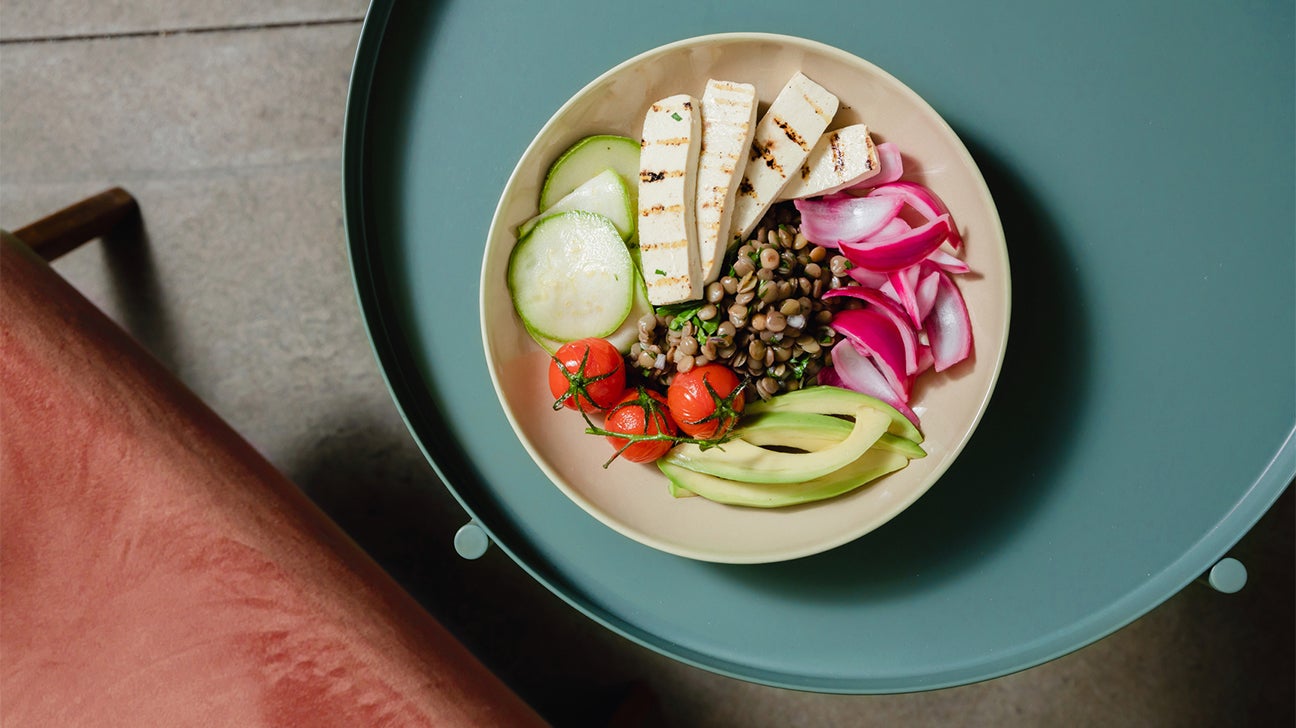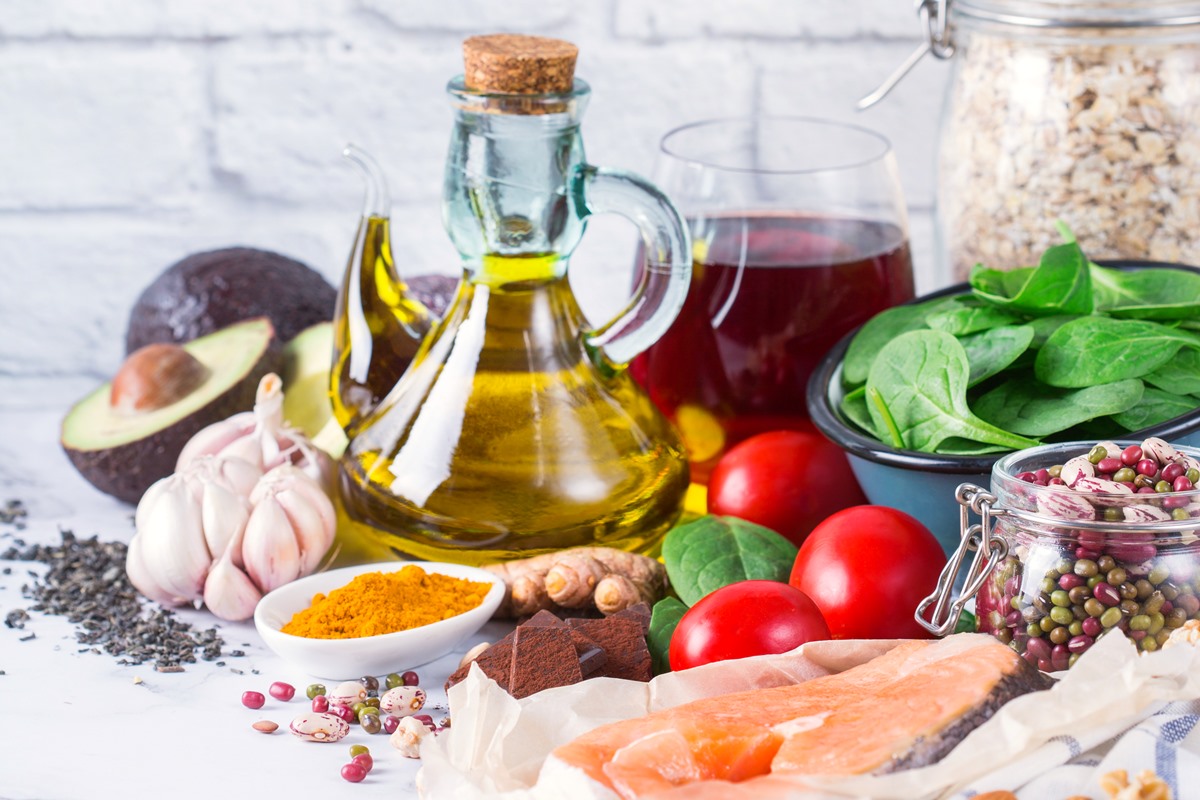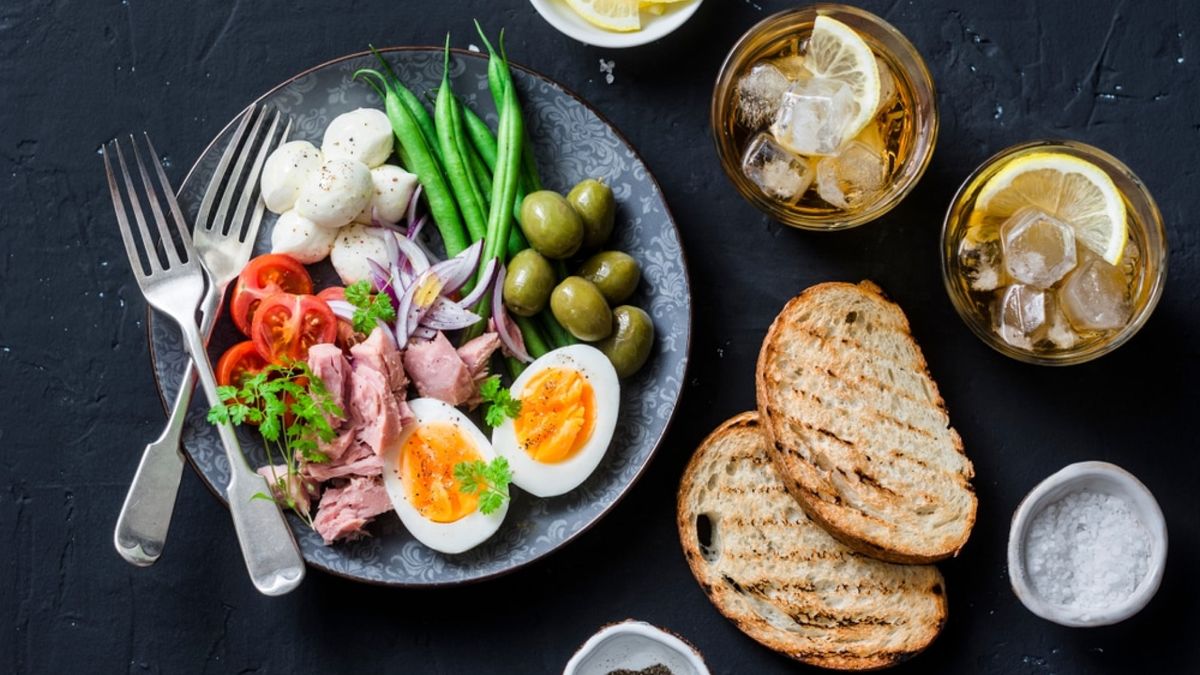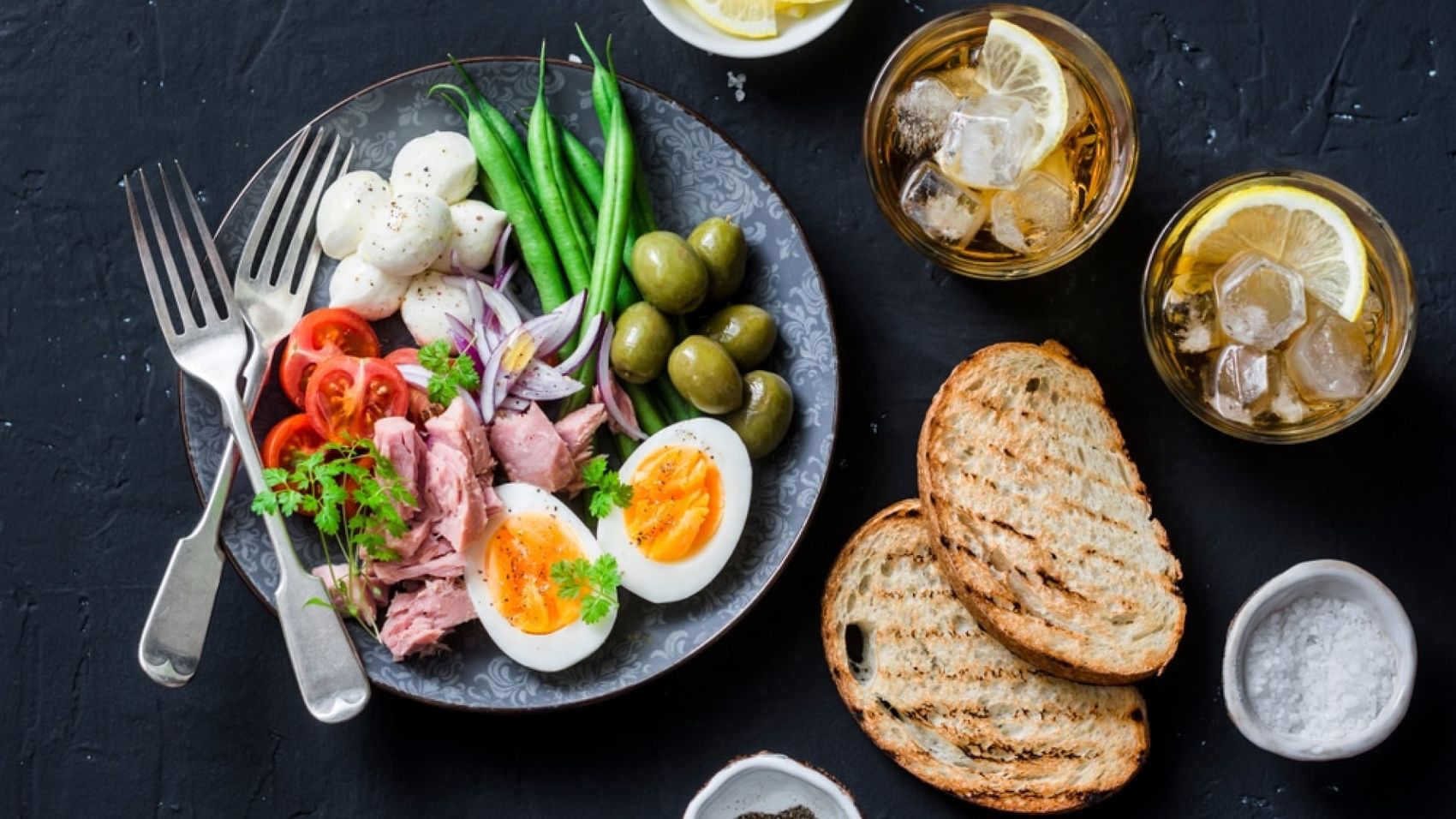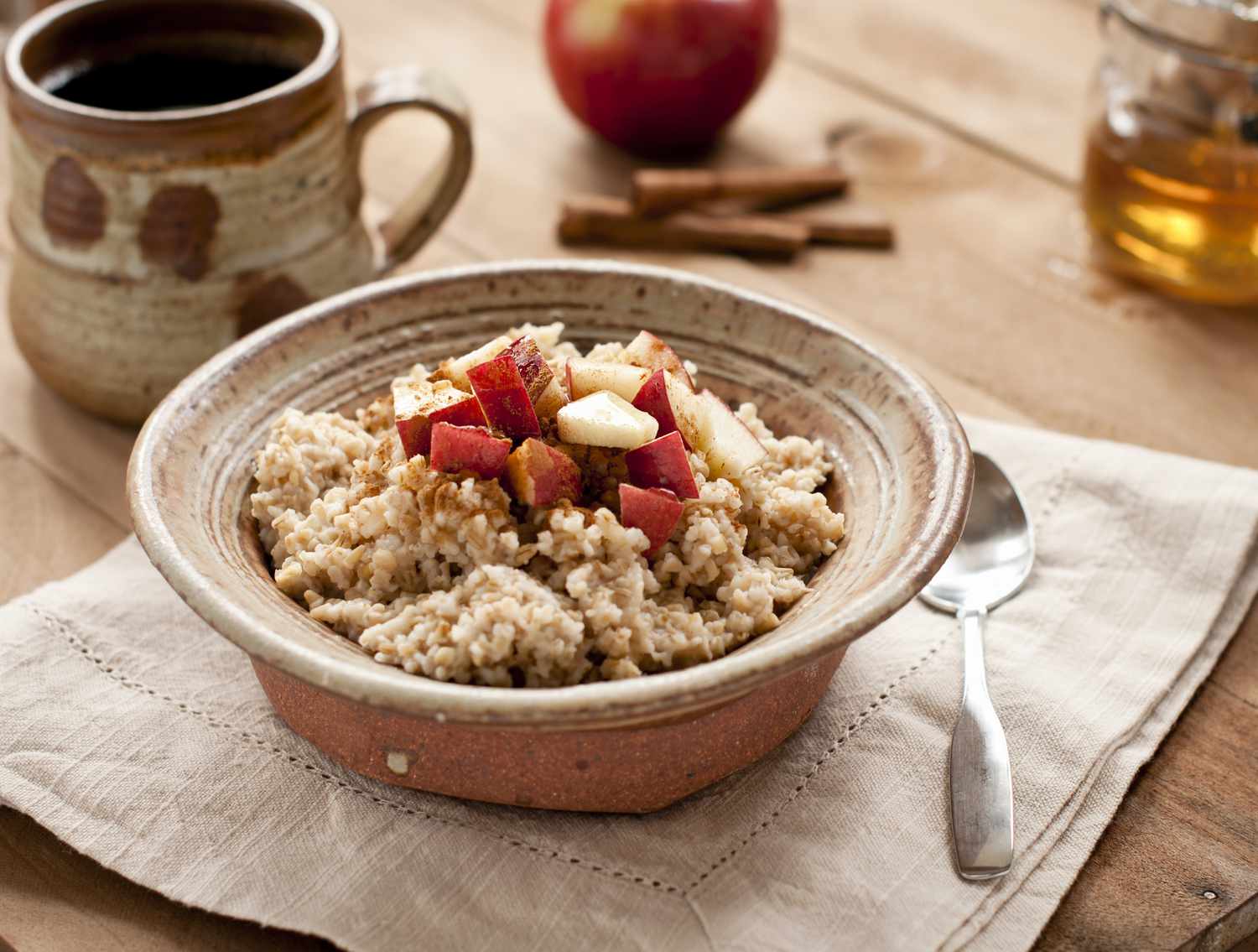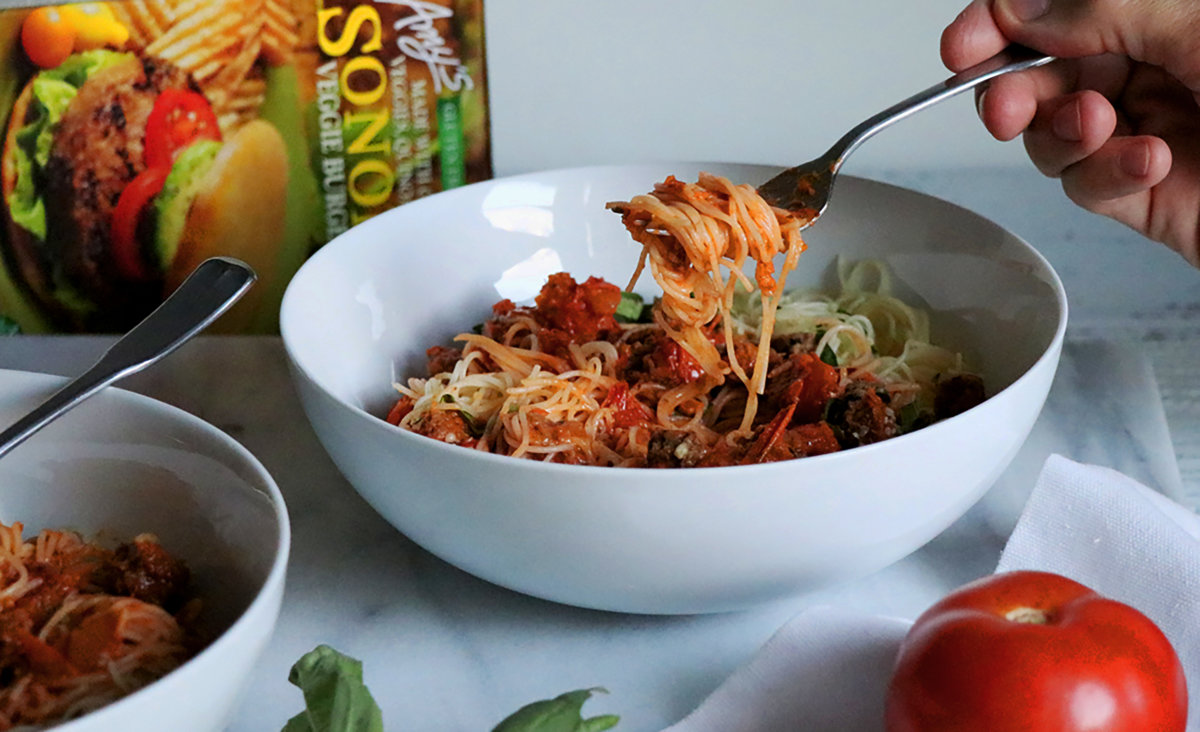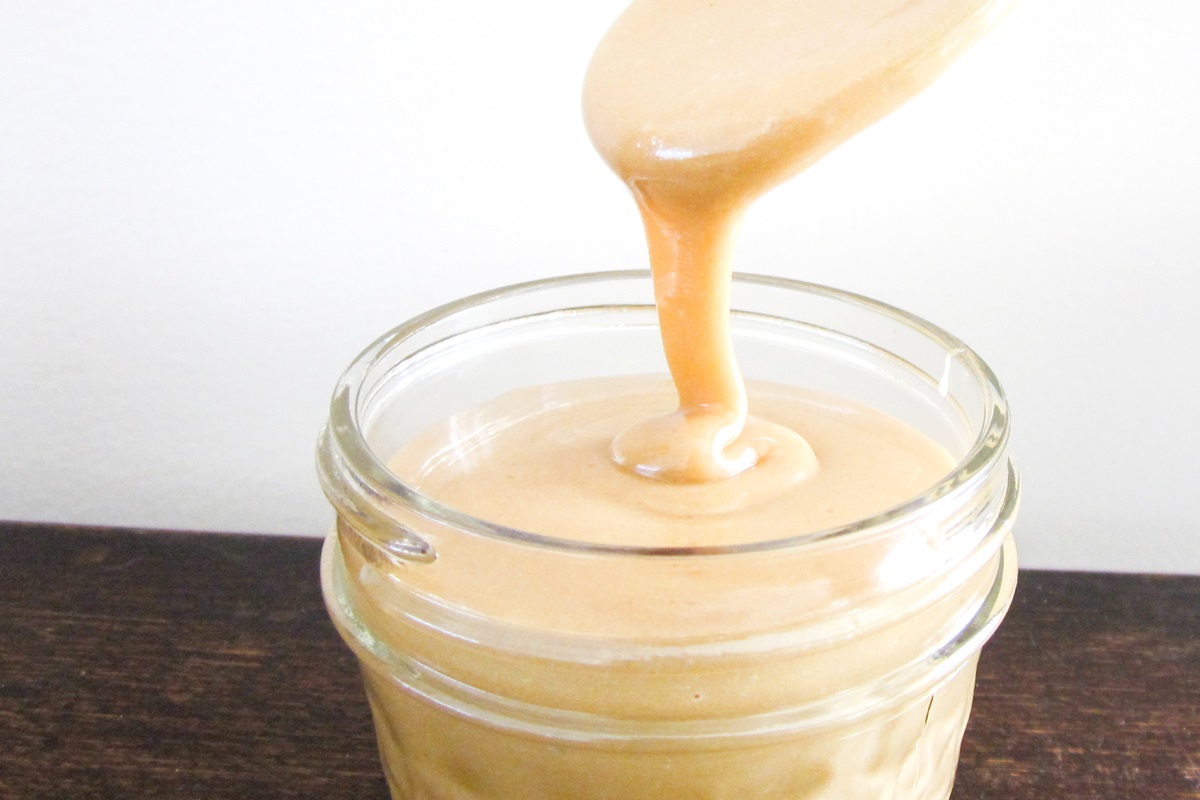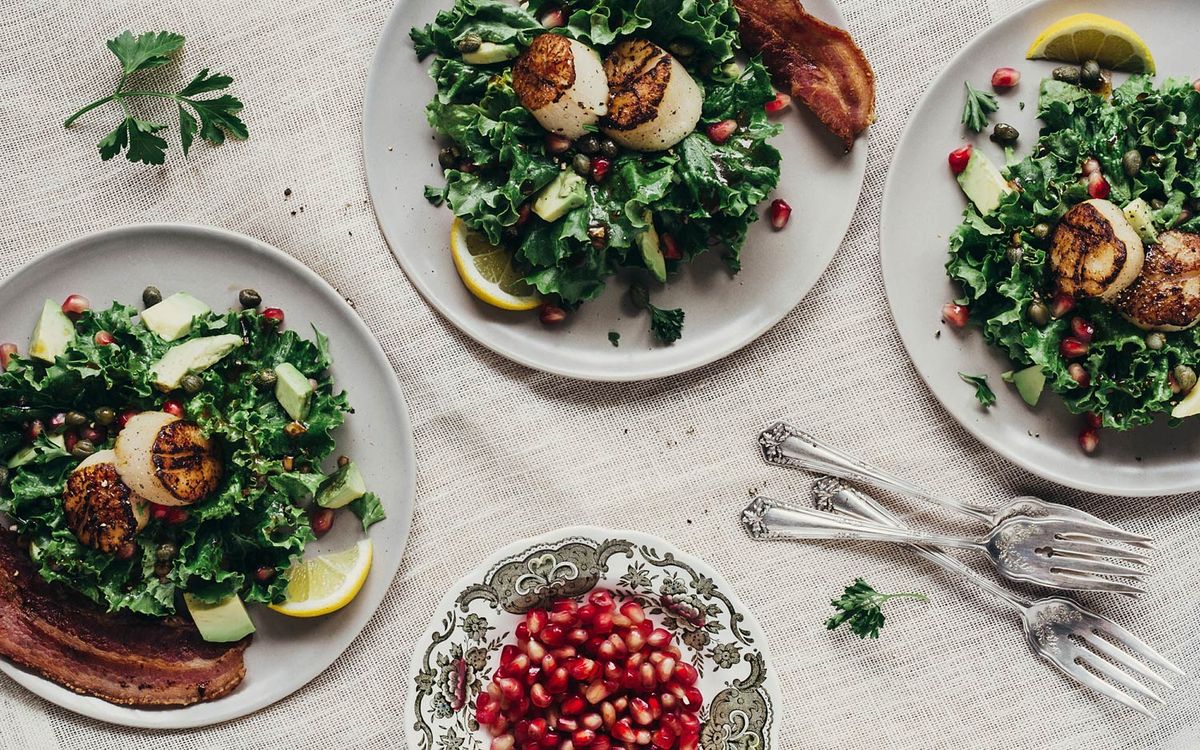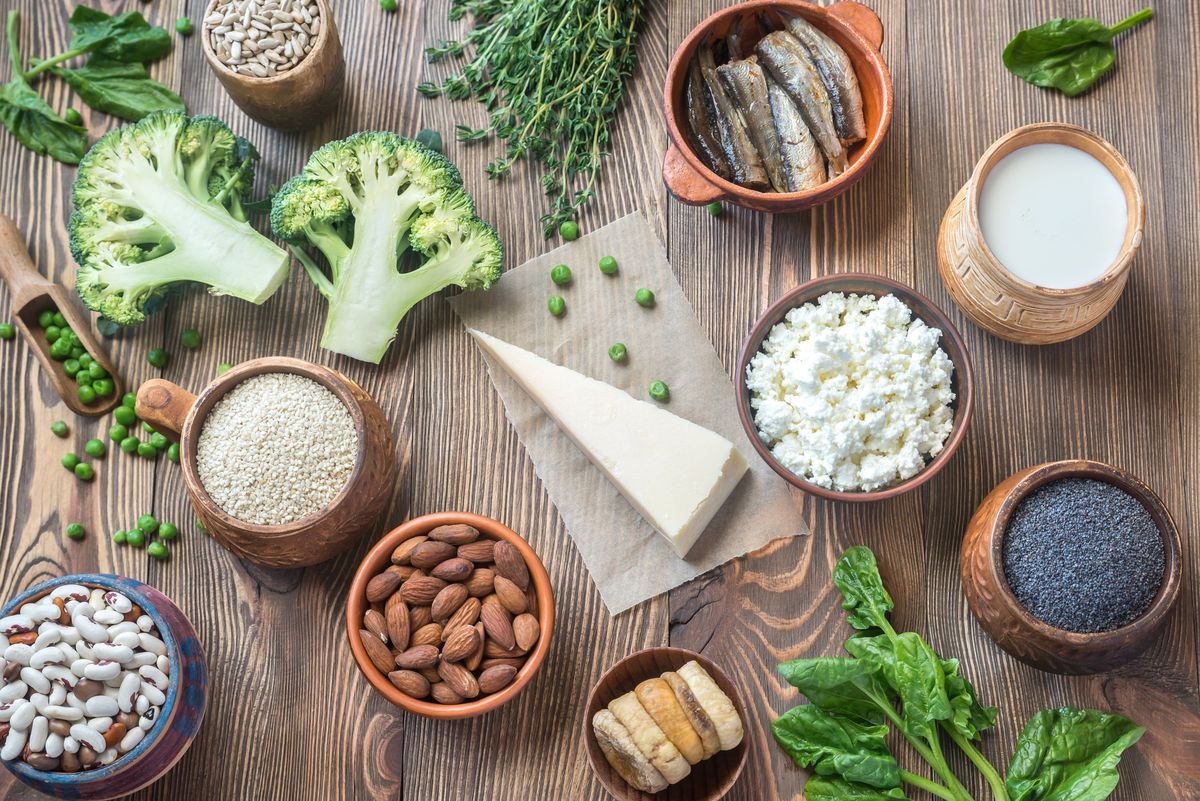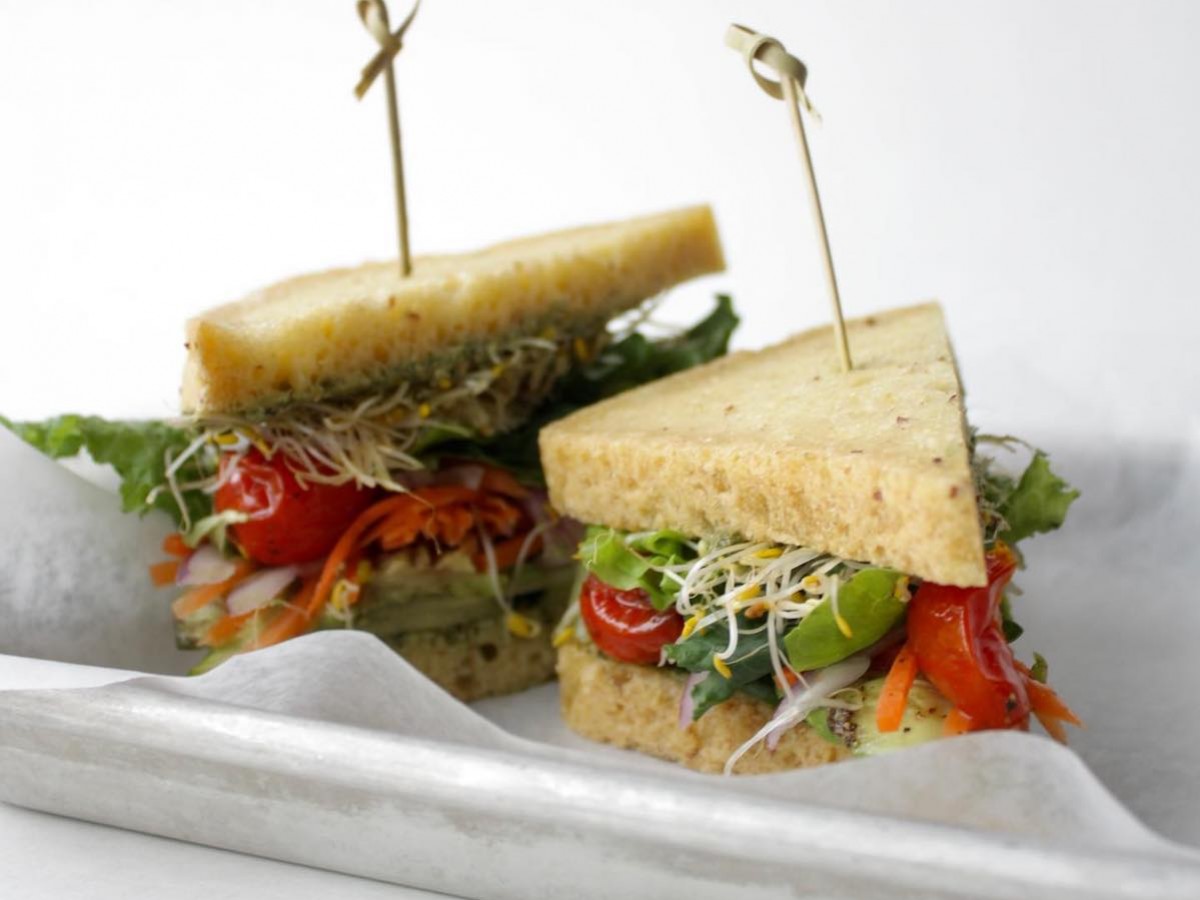What Is A Dairy-Free Diet?
If you’ve been hearing a lot about dairy-free diets lately and wondering what they are all about, you’ve come to the right place. In this blog post, we will dive deep into the world of dairy-free diets and uncover why they have become so popular in recent years.
What is Dairy?
Dairy refers to milk and milk products, including cow’s milk, cheese, butter, yogurt, and ice cream. These products are commonly consumed in many households and are a significant part of the Western diet.
What Does it Mean to Follow a Dairy-Free Diet?
A dairy-free diet is essentially a way of eating that excludes all dairy products. People who follow this diet avoid consuming any foods or beverages that contain milk or milk derivatives.
However, it’s important to note that a dairy-free diet is different from a lactose-free diet. While a dairy-free diet eliminates all sources of dairy, a lactose-free diet focuses specifically on avoiding lactose, the natural sugar found in milk. This means that those following a lactose-free diet may still be able to consume certain forms of dairy that have been processed to remove lactose.
Why Do People Choose Dairy-Free Diets?
There are several reasons why individuals opt for a dairy-free diet. Let’s explore a few of the most common motivations:
- Lactose intolerance: Many people are unable to digest lactose, leading to uncomfortable symptoms such as bloating, gas, and diarrhea. Cutting out dairy helps alleviate these issues.
- Milk allergy: Some individuals are allergic to the proteins found in cow’s milk, which can trigger severe allergic reactions. A dairy-free diet is essential for preventing these reactions.
- Vegan lifestyle: Vegans avoid all animal products, including dairy, for ethical and environmental reasons.
- Health concerns: Certain health conditions, such as acne, eczema, or digestive disorders, are believed to be aggravated by dairy consumption. Cutting out dairy may help alleviate symptoms for some individuals.
What Can You Eat on a Dairy-Free Diet?
Eliminating dairy from your diet doesn’t mean you’ll be left with limited food options. In fact, there are plenty of delicious and nutritious alternatives available. Here are some examples:
- Plant-based milks: Try almond milk, soy milk, oat milk, or coconut milk as substitutes for cow’s milk.
- Nondairy cheeses: Enjoy tasty alternatives made from nuts, soy, or tapioca for a cheesy experience.
- Coconut yogurt: Swap out traditional yogurt for dairy-free versions made from coconut milk.
- Butter alternatives: Use olive oil, avocado, or coconut oil instead of butter in cooking and baking.
- Vegetables, fruits, whole grains, legumes, and lean proteins are all excellent choices to include in a dairy-free diet.
Final Thoughts
A dairy-free diet can be a worthwhile choice for those who experience lactose intolerance, milk allergies, follow a vegan lifestyle, or have specific health concerns related to dairy consumption. By understanding what to avoid and exploring alternative options, you can create a balanced and satisfying dairy-free diet that meets your nutritional needs.
Remember, before making any significant dietary changes, it’s always a good idea to consult with a healthcare professional or a registered dietitian to ensure that you are getting all the necessary nutrients your body needs. So, whether you’re considering going dairy-free or simply curious about the concept, we hope this article has shed some light on the topic.
